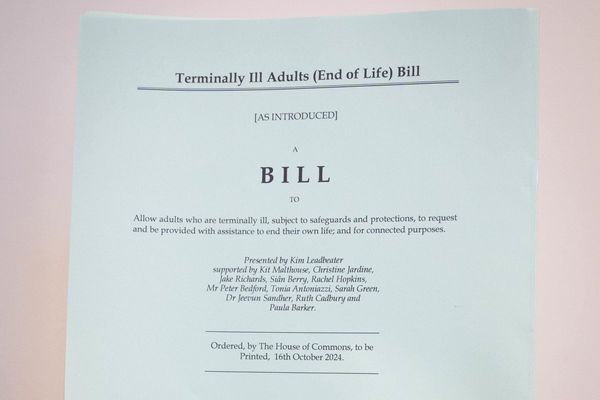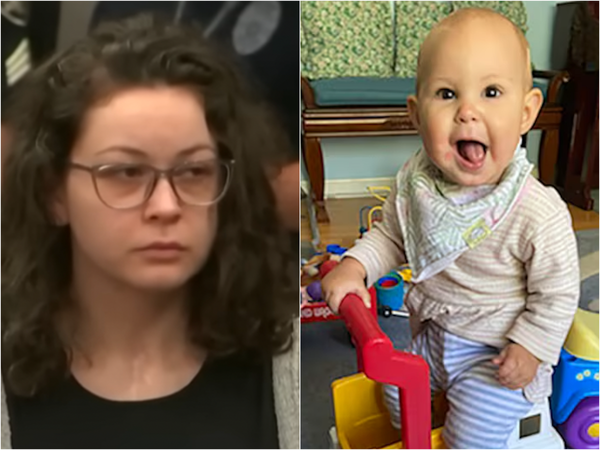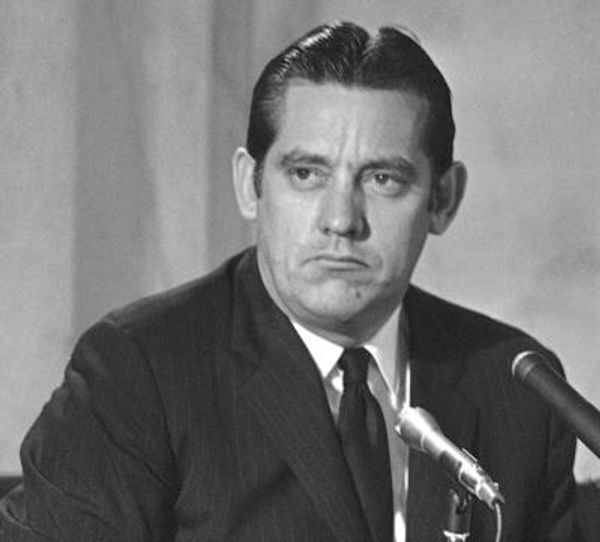/https://static.texastribune.org/media/files/87a52ccfdd820948191a01ca0c9ccb07/1117%20Lege%20School%20Vouchers%20TT%20JS%2010%20.jpg)
This story first appeared in The Blast, The Texas Tribune's premium politics newsletter. Subscribe today for exclusive reporting, nonpartisan analysis and the first word on political moves across the state.
A recent “deepfaked” ad targeting House Speaker Dade Phelan could inspire further legislation to crack down on doctored imagery in political ads.
At the end of Monday’s hearing of the House Select Committee on Artificial Intelligence and Emerging Technologies, political attorney Andrew Cates suggested the committee should recommend an update to Senate Bill 751 from 2019, which created a Class A misdemeanor offense for distributing a “deep fake video” created with the intent to deceive voters.
“Not to bring up sensitive stuff, but the speaker got hit a couple days ago with a fake image, or a deceptively altered image,” Cates said. “It’s not against the law here.”
That mailer, paid for by the Jeff Yass-bankrolled Club for Growth Action PAC, depicted Phelan in an intimate hug with former U.S. House Speaker Nancy Pelosi, apparently a remake of Pelosi hugging new House Democratic Leader Hakeem Jeffries.
Less publicized was the flip side of the mailer, which falsely depicted Phelan at a lectern speaking at a Texas House Democratic Caucus news conference.
/https://static.texastribune.org/media/files/9af5fcdfac37890f7b59ba5c576232dd/Phelan%20Deepfake%20TT%2001.jpg)
/https://static.texastribune.org/media/files/9902e11cfff891d337a1b91e89f9a4fe/Phelan%20Deepfake%20TT%2002.jpg)
If the ad was a sore subject among the members of the Texas House, committee Chair Giovanni Capriglione, R-Southlake, didn’t seem to mind.
“It was multiple images, one on each side, and what’s a video but multiple images played really quickly?” Capriglione said, adding that the Legislature may need to update the law.
“The reason, though, is because it’s unfair,” Capriglione continued. “It’s deliberately made to deceive individuals — especially because AI can make things look so realistic and, obviously, neither of those two images actually happened.”
In addition to the ad containing photos, not videos, SB 751 only outlawed deep fake videos within 30 days of an election, and the ad was sent just outside of that time frame.
Cates suggested that the Legislature also expand the law to include radio, sound, speech and text. He also suggested making it a third-degree felony, as that would get the attention of groups who are scared of felonies but unaware of misdemeanors.
The committee isn’t conducting official interim hearings yet, but Capriglione also co-chairs an AI panel that is set to submit recommendations before the end of the year. Assume this could make either panel’s list of recommendations.
Phelan hasn’t shied away from talking about the ad, recently using the doctored photo in his own ad to show the lengths at which David Covey would go in his primary challenge against the speaker. Phelan didn’t respond to a question asking whether he would support updating the deep fake law.
Tickets are on sale now for the 2024 Texas Tribune Festival, happening in downtown Austin Sept. 5-7. Get your TribFest tickets before May 1 and save big!







